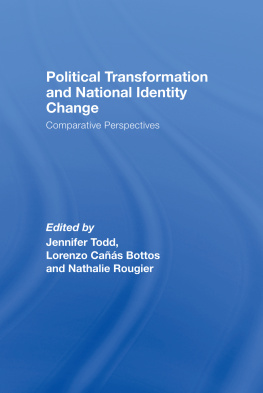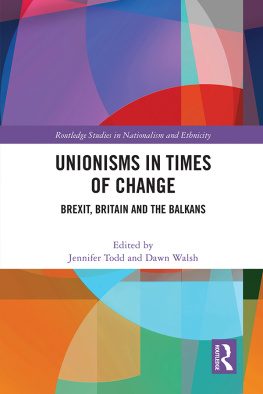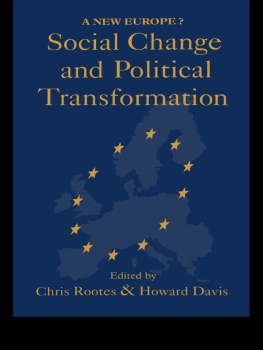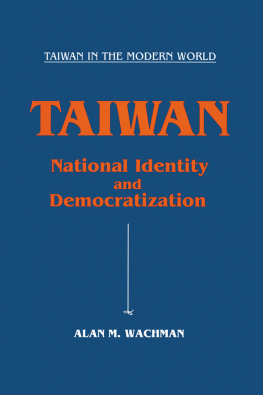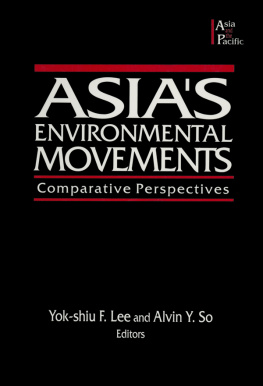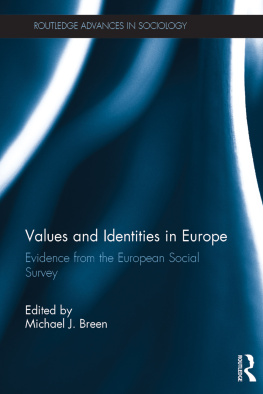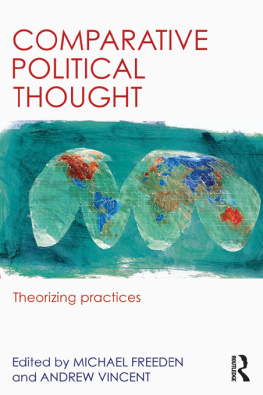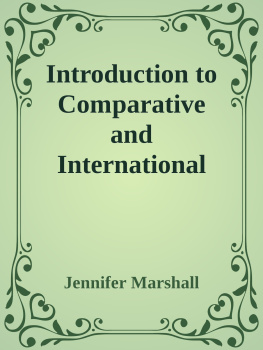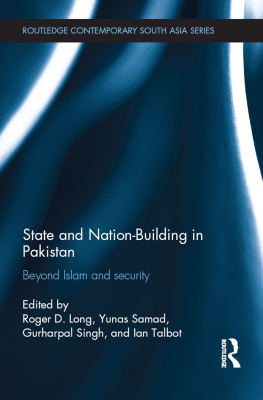Jennifer Todd - Political Transformation and National Identity Change: Comparative Perspectives
Here you can read online Jennifer Todd - Political Transformation and National Identity Change: Comparative Perspectives full text of the book (entire story) in english for free. Download pdf and epub, get meaning, cover and reviews about this ebook. year: 2016, publisher: Routledge, genre: Politics. Description of the work, (preface) as well as reviews are available. Best literature library LitArk.com created for fans of good reading and offers a wide selection of genres:
Romance novel
Science fiction
Adventure
Detective
Science
History
Home and family
Prose
Art
Politics
Computer
Non-fiction
Religion
Business
Children
Humor
Choose a favorite category and find really read worthwhile books. Enjoy immersion in the world of imagination, feel the emotions of the characters or learn something new for yourself, make an fascinating discovery.
- Book:Political Transformation and National Identity Change: Comparative Perspectives
- Author:
- Publisher:Routledge
- Genre:
- Year:2016
- Rating:3 / 5
- Favourites:Add to favourites
- Your mark:
- 60
- 1
- 2
- 3
- 4
- 5
Political Transformation and National Identity Change: Comparative Perspectives: summary, description and annotation
We offer to read an annotation, description, summary or preface (depends on what the author of the book "Political Transformation and National Identity Change: Comparative Perspectives" wrote himself). If you haven't found the necessary information about the book — write in the comments, we will try to find it.
Jennifer Todd: author's other books
Who wrote Political Transformation and National Identity Change: Comparative Perspectives? Find out the surname, the name of the author of the book and a list of all author's works by series.
Political Transformation and National Identity Change: Comparative Perspectives — read online for free the complete book (whole text) full work
Below is the text of the book, divided by pages. System saving the place of the last page read, allows you to conveniently read the book "Political Transformation and National Identity Change: Comparative Perspectives" online for free, without having to search again every time where you left off. Put a bookmark, and you can go to the page where you finished reading at any time.
Font size:
Interval:
Bookmark:
- transitions to democracy (East Europe, Spain)
- to peace (South Africa, Israel, Northern Ireland) and
- to territorial decentralisation (the United Kingdom, France, Spain)

2 Park Square, Milton Park, Abingdon, Oxon OX14 4RN
by Routledge
270 Madison Ave, New York, NY 10016
Printed and bound in Great Britain by
Biddles Ltd, King's Lynn
A catalogue record for this book is available from the British Library
ISBN 13: 9780415440141 (hbk)
| JENNIFER TODD |
| Concepts and theories |
| JENNIFER TODD, THERESA O'KEEFE, NATHALIE ROUGIER, AND LORENZO CAS BOTTOS |
| JOHN BONE |
| ROLAND ROBERTSON |
| RICHARD JENKINS |
| The role of the state |
| STEFAN AUER |
| JORDI ARGELAGUET |
| GUY BEN-PORAT |
| JOSEPH L. KLESNER |
| JOSEPH RUANE |
| Processes and experiences of national identity change |
| ZOE BRAY |
| GLADYS GANIEL |
| GRAHAM DAY, HOWARD DAVIS, AND ANGELA DRAKAKIS-SMITH |
| KATRINA McLAUGHLIN, KAREN TREW, AND ORLA T. MULDOON |
| LORENZO CAS BOTTOS AND NATHALIE ROUGIER |
University of Colorado at Boulder
Introduction
University College Dublin
Font size:
Interval:
Bookmark:
Similar books «Political Transformation and National Identity Change: Comparative Perspectives»
Look at similar books to Political Transformation and National Identity Change: Comparative Perspectives. We have selected literature similar in name and meaning in the hope of providing readers with more options to find new, interesting, not yet read works.
Discussion, reviews of the book Political Transformation and National Identity Change: Comparative Perspectives and just readers' own opinions. Leave your comments, write what you think about the work, its meaning or the main characters. Specify what exactly you liked and what you didn't like, and why you think so.

